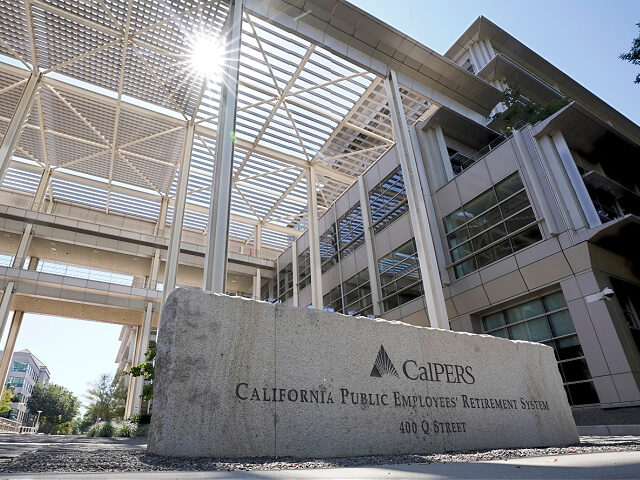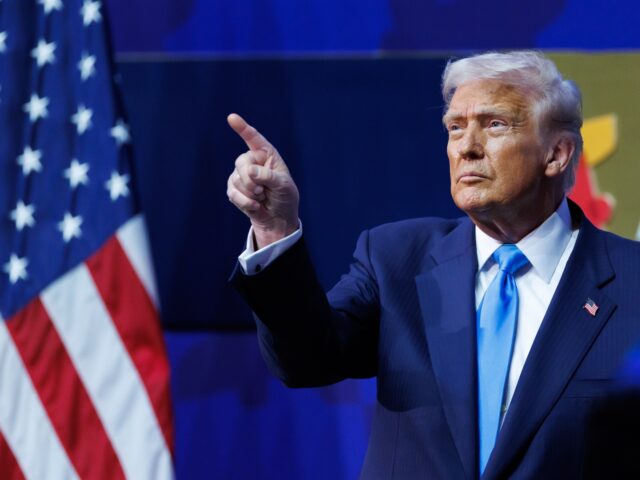

The California Public Employees’ Retirement System (CalPERS) for state employees lost 71 percent of a $468 million private equity investment into clean energy.
Because CalPERS pension benefits are only 79 percent funded, the California taxpayer and state government have to make up for the other 21 percent. With a high pension shortfall of $180 billion, CalPERS’ investment strategies into private equity have come under scrutiny, per The Center Square:
CalPERS committed $465 million to the private equity CalPERS Clean Energy & Technology Fund (CETF) in 2007, ultimately paying in $468,423,814.
Since then, the cash out and remaining investment value of the investment fund has declined to $138,045,373, as of March 31,2025.
That’s a loss of 71 percent, or more than $330 million, for which private equity firms were paid at least $22 million in fees and costs.
For the 2024-2025 fiscal year, CalPERS’ overall returns stood at 11.6 percent, with private equity returns totaling 14.3 percent and public equity returns totaling 16.8 percent.
Marc Joffe, a public finance expert and visiting fellow at the California Policy Center, questioned why CalPERS has placed a significant amount of money into far riskier and more costly private equity investments when returns were nearly equal to public equity investments.
“Returns were similar … so why go through all the trouble — if you can get these kinds of returns on the public markets, why bother with all the complexities and the illiquidity involved in private equity?” Joffe told The Center Square.
Joffe noted that the 71 percent loss in the CETF investment exemplified the “combined dangers of private equity and ESG investment,” wherein “a very opaque investment choice appears to have been chosen because of its green credentials, and yet it’s now generated a huge loss for taxpayers and retirees.”

Abram Arredondo, spokesman for CalPERS, defended the investment portfolio, blaming the 71 percent loss on prior management.
“The CalPERS Clean Energy & Technology Fund dates back to 2007, before the pension fund’s board and staff worked together to tightly focus our private equity strategy,” Arredondo told The Center Square. “Since then, we have diversified our investments to reduce risk, selected the highest performing asset managers and lowered fees by entering into co-investments.”
“Since that time [2022], we have reduced fees by 10 percent,” continued Arredondo. “The private equity class has been our best performer for the past 20 years and we believe our members deserve access to its income-producing opportunities.”
While CalPERS’ private equity investments appear to have outperformed public equity investments, experts warn that private equity managers earn exceedingly high fees that can outpace the market on top of the risk.
Trump Addresses Third Term Prospects: ‘Pretty Clear I’m Not Allowed to Run’

President Donald Trump said Wednesday he is “not allowed” to run for a third term, nodding towards the limits laid out in the U.S. Constitution saying it is “pretty clear” he is barred from another tilt at the highest office in the land.
“It’s a very interesting thing. I have the best numbers for any president in many years,” Trump told reporters aboard Air Force One while flying to South Korea, AFP reports.
“And I would say that, if you read it, it’s pretty clear. I’m not allowed to run. It’s too bad,” Trump added, citing the constitutional reality.
He went on to say that his Republican Party has great options for the next presidential election — in Secretary of State Marco Rubio, who was traveling with him, and Vice President JD Vance, who visited with senators at the Capitol on Tuesday.
“All I can tell you is that we have a great group of people,” Trump said proudly.
Trump has addressed the prospect of running for a third term at least a half dozen times during the first nine months of his second term.
Hundreds of thousands of his supporters have also added their voices to calls for a another run at the White House, built on the back of Trump’s continued successes in delivering on past promises.

Speaker Mike Johnson (R-La.) said Tuesday he has talked to Trump about the constitutional limitations that would prevent the president from seeking a third term, The Hill notes.
“It’s been a great run, but I think the president knows — and he and I’ve talked about the constrictions of the Constitution, as much as so many of the American people lament that,” Johnson told reporters.
The U.S. Constitution limits presidents to two terms, and Trump began his second in January, although on Monday’s “Alex Marlow Show,” Breitbart Editor-in-Chief and host Alex Marlow discussed conversations around a third Trump term.
Marlow said, “[W]hat the Constitution stops is you running for a 3rd term…he could be vice president, and then in the event of him having to assume the presidency, hopefully, in this case, it would be a resignation, then he could have a 3rd term.”
















:max_bytes(150000):strip_icc():focal(762x362:764x364):format(webp)/Elizabeth-Banks-tout-081324-03799356dc7c4d39bb26bc9aa71f5bf0.jpg?w=1200&resize=1200,0&ssl=1)













:max_bytes(150000):strip_icc():focal(945x312:947x314)/princess-eugenie-princess-beatrice-prince-andrew-101725-8cc56d707e11429b954450f483ca8c84.jpg?w=1200&resize=1200,0&ssl=1)







